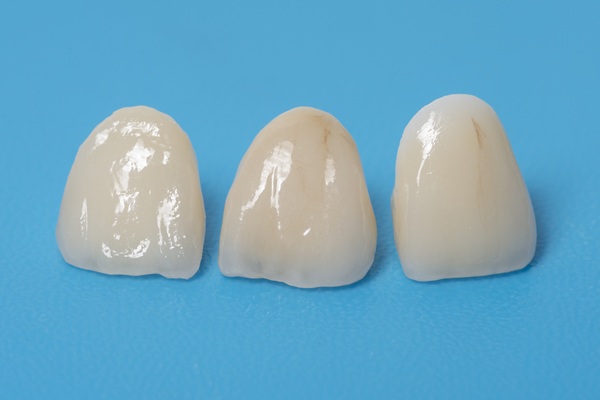What is Dental Pulp? Endodontics Explained

Endodontics is the dental specialty that focuses on the study and treatment of dental pulp. But what exactly is dental pulp?
Dental pulp is the most important part of the tooth, starting from its core, beneath the enamel layer and the dentin layer and in the pulp chamber. The size of the tooth determines the shape of the pulp chamber. Pulp is soft and made up of large nerves, living blood vessels and connective tissues. Also called the nerve, pulp extends out and reaches the root canal of the tooth and stops right before the apex of the tooth.
A person can have about 52 various pulp organs: 32 are in the permanent teeth, while 20 are located in the primary teeth, or baby teeth. The pulp in the latter falls out along with the teeth.
Functions of dental pulp
The essential functions of dental pulp include:
- Formation of dentin: The pulp forms dentin. When injuries occur, the pulp attempts to form secondary dentin, also called reparative dentin.
- Sensory functions: Ache or discomfort experienced during damage to the dentin or pulp or discrepancies in temperature is a result of pulp stimulation.
- Nourishment: The pulp comprises of blood vessels that ensure proper blood flow to prevent tooth/nerve death by guaranteeing the structure stays nourished and moisturized.
The role of dentin
The most vital task of tooth pulp is to generate dentin, a calcified tissue that makes up the second layer of the tooth to support the enamel (first layer). The dentin is positioned right before the pulp chamber, which means if the tooth enamel deteriorates, the dentin will be exposed. This results in an ache, especially when you consume hot or cold meals, since the dentin stimulates the tooth pulp.
The dentin makes up a higher percentage of the tooth structure and has higher density and toughness than the bone. The color also varies between black or gray but usually appears yellowish.
Pulpitis
This condition is the painful irritation of the pulp. Major causes of pulpitis are tooth decay and injury. If the irritation is minor, it can still be reversed, but in severe cases, the pulp may suffer necrosis. Pulpitis can also lead to infection of the tooth root, otherwise called an abscess.
If you think you have pulpitis, you need to visit the endodontist immediately. They are specialists in the treatment of teeth pulp and may be able to save a tooth if treated early. Once the pulp dies, root canal treatment is necessary to extract the infected or dead pulp material.
If neglected, pulpitis can worsen into an abscess that could cause infection to spread to your sinuses, jaw or even brain.
Types of pulpitis
- Reversible pulpitis: If the condition is reversible, the endodontist will clean up the decay or cavity and fill your teeth to alleviate the pain and inflammation.
- Irreversible pulpitis: If the tooth is severely damaged, the endodontist can either perform a root canal treatment where the pulp will be extracted or remove the tooth entirely as a final resort. If you have had a root canal treatment, the pulp stops regenerating, and the tooth is certified dead.
The bottom line
Dental pulp is an important part of each and every tooth. If you have more questions or are concerned about the state of the dental pulp in one or more of your teeth, contact an endodontist today.
Request an appointment here: https://www.esdmke.com or call Eastside Dental at (414) 888-4000 for an appointment in our Milwaukee office.
Check out what others are saying about our services on Yelp: Read our Yelp reviews.
Related Posts
Dental crowns are a reliable and durable solution for restoring the appearance and function of damaged teeth. While dental crowns are designed to last years, proper care and maintenance are essential for extending their lifespan. Following practical steps and working closely with your dentist can protect your investment and enjoy a confident smile for years.Maintaining…
Clear braces are becoming more common among patients of all ages. In past years, orthodontists chose traditional metal braces to straighten crooked teeth. However, there are advantages to using clear options instead. If you do not want your orthodontic treatment to hinder your smile, you should not have to worry. Repair your teeth without anyone…
Periodontics is a branch of dentistry that focuses on studying, diagnosing, and treating issues that affect the gums and the bone structures that support teeth. Periodontal disease is the leading dental problem that periodontics focuses on.Periodontal disease is an infection of gum tissues caused by the bacteria in plaque and tartar getting below the gum…
Emergency dentistry for a root canal is sometimes the only way to relieve your pain. Some patients may have a root canal scheduled for a future date, but they find themselves in severe pain at an inconvenient time because of tooth pain. There may even be times when a patient may not realize they need…


